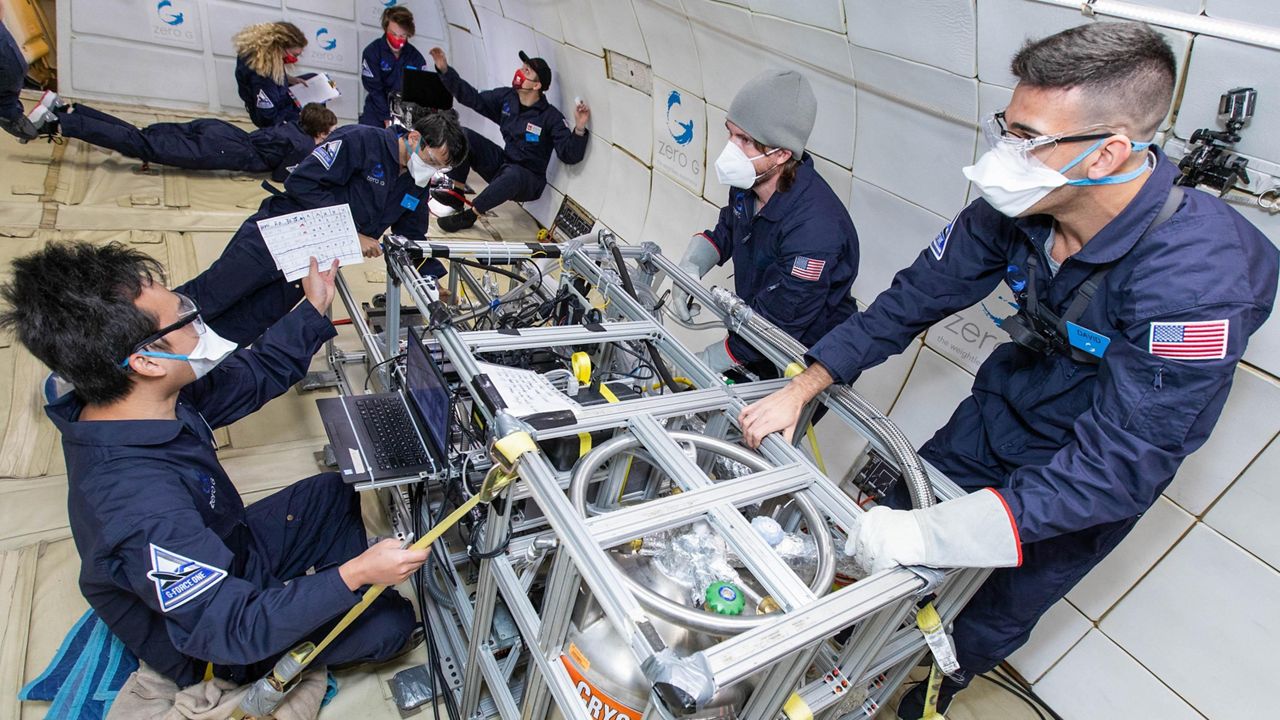HONOLULU — A new study from a University of Hawaii at Manoa scientist reveals that the severity of anxiety and depressive symptoms in the planetary science community is greater than in the general U.S. population.
The study, published in Nature Astronomy, found graduate students and postdoctoral researchers have more severe symptoms than at other times in their career.
Planetary science is an area of astronomy that focuses on the study of planets and their systems.
“After reading about so much anxiety and depression in academia, and as someone who loves both planetary science and psychology, I felt like I needed to do something because there are so many people suffering,” said David Trang in a news release.
Trang was an assistant researcher at the Hawaii Institute of Geophysics and Planetology when he conducted the research in 2022 for this study. Now, he is a graduate student in the master’s in counseling psychology program at UH Hilo.
For the study, Trang, along with co-authors from UH Manoa Shidler College of Business, Hawaii Pacific University, Jet Propulsion lab, NASA and U.S. Geological Survey, polled 300 members of the planetary science community.
When comparing groups within planetary science, the authors of the study found that anxiety, depressive, and stress symptoms were greater among marginalized groups, including women, people of color and members of the LGBTQ+ community. Of those groups, LGBTQ+ respondents were more likely to be unsure about staying in the field.
“Some of my colleagues have left the field of science because the academic workplace was hard on their well-being,” said Trang. “This is so unfortunate because science would benefit from each and every person who is passionate about research, as they could contribute so much to the field.”
Next, Trang plans to run psychoeducation workshops in order to improve mental health in planetary science. He hopes the workshops might serve as a model to improve mental health across academic fields.



